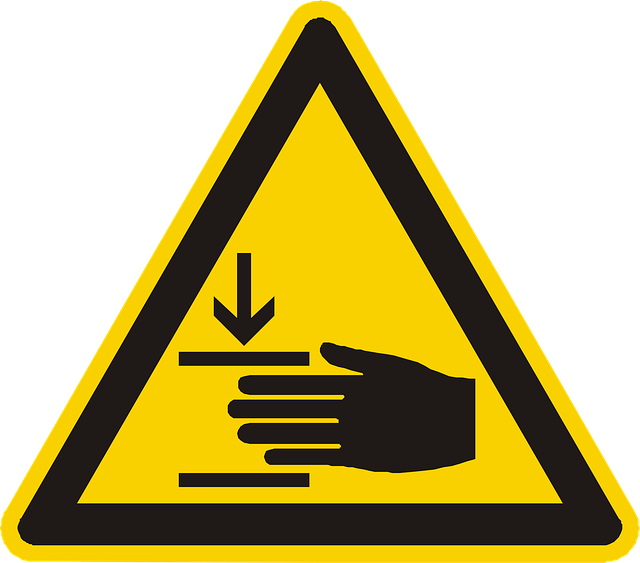Dog bite laws vary widely by location, creating complex scenarios for liability. Some areas enforce strict liability, holding owners accountable regardless of intent, while others follow negligence principles requiring proof of neglect. These differences significantly affect legal disputes, compensation for victims, and defenses for owners, with impacts on personal injury cases and commercial claims. Understanding local dog bite laws is crucial for navigating claims, pursuing insurance or civil lawsuits, and ensuring fair resolution in related disputes.
Understanding dog bite laws varies significantly by location, with each jurisdiction adopting unique approaches to liability, damages, and statute of limitations. This article delves into the key differences between dog bite laws across different regions. We explore variations in strict liability versus negligence-based frameworks, their impact on pet owners, and how jurisdictions differ in compensatory and punitive damages awarded. Additionally, we analyze the varying time frames for filing claims under the statute of limitations, emphasizing the importance of local laws for successful dog bite claims.
- Variations in Liability:
- – Differences in strict liability vs. negligence-based laws
- – Impact on pet owners and their legal responsibility
Variations in Liability:

Dog bite laws vary significantly from location to location, leading to diverse liability landscapes. In some jurisdictions, strict liability rules hold dog owners accountable for bites regardless of the circumstances, meaning if a dog causes harm, the owner is legally responsible. Conversely, other regions adhere to traditional negligence principles, requiring proof of reckless or intentional behavior before attributing liability. This variation significantly impacts how individuals and businesses navigate potential legal disputes related to dog bites.
When a dog bite incident occurs, understanding the local dog bite laws is crucial for both victims seeking compensation and owners facing claims. For instance, victims may require robust legal representation to pursue homeowner insurance claims or file civil lawsuits against negligent dog owners. Commercial disputes arising from dog bites also demand careful consideration of these laws to ensure fair resolutions.
– Differences in strict liability vs. negligence-based laws

When exploring dog bite laws across different locations, one key distinction lies in the approach to liability—a fundamental difference between strict liability and negligence-based systems. Strict liability laws hold owners fully responsible for their dogs’ actions regardless of the owner’s intent or knowledge about the animal’s propensity to bite. This means if a dog causes harm, the owner can be held accountable without the need to prove negligence. Such laws are in place to protect individuals from unpredictable dog behavior and ensure swift justice.
In contrast, negligence-based dog bite legislation requires individuals to demonstrate that the dog owner was negligent in managing their pet, often involving factors like prior knowledge of aggressive tendencies or failure to take reasonable precautions. This approach places a burden of proof on victims, requiring them to gather evidence and potentially consult a personal injury lawyer to navigate employment disputes or medical malpractice issues arising from dog bites. These varying legal frameworks significantly impact how cases are handled and the level of accountability placed on dog owners.
– Impact on pet owners and their legal responsibility

The impact of dog bite laws varies significantly by location, with each jurisdiction carrying unique legal responsibilities for pet owners. These laws not only dictate how a dog owner is held accountable for their pet’s actions but also shape the care and protection provided to victims of dog bites. In many places, strict liability laws hold dog owners automatically responsible for damages caused by their pets, regardless of negligence or prior aggressive behavior. This means that if your pet bites someone, you may face significant financial burdens and legal repercussions, including compensation for medical bills, pain and suffering, and even punitive damages in some cases.
Understanding these dog bite laws is crucial for pet owners as it influences not only their potential liability but also the level of care they should provide to prevent such incidents. Knowing the regulations can empower pet owners to take proactive measures, such as proper training, supervision, and vaccination, to minimize risks and protect themselves from potential legal issues, including those involving auto accident injuries or caregiver negligence in cases where a bitten person seeks compensation from the owner’s insurance policy.
Understanding the varying dog bite laws across locations is crucial for both pet owners and individuals seeking redress after a bite incident. Each jurisdiction’s approach, whether adhering to strict liability or relying on negligence principles, significantly influences the legal responsibility of pet owners and the rights of victims. By recognizing these key differences, folks can navigate the complexities of dog bite cases more effectively, ensuring they are aware of their rights and obligations in different regions. This knowledge fosters a safer environment for everyone, as it encourages responsible pet ownership and prompt medical attention when bites occur.






